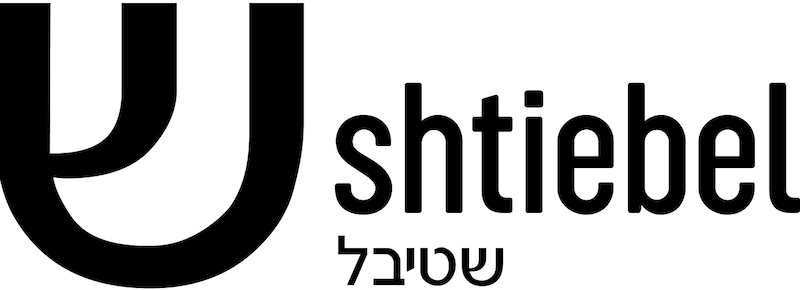
This Friday marks 700 days since the 7th of October 2023. Seven hundred days since that morning when horror struck the communities of southern Israel. Seven hundred days since the Jewish world was shaken to its core, and since life as we knew it was forever changed.
In Israel, the cost has been immense. Families continue to mourn those murdered on that single day. Soldiers have fallen defending the State of Israel. Communities have been displaced, lives disrupted, and an entire nation carries wounds that remain raw. At the same time, choices have been made — some of necessity, others out of political expedience. Too often it has felt as though the urgency of politics has outweighed the imperatives of morality, leaving us to wrestle with the gap between our highest values and the reality on the ground.
In Gaza, the toll has been catastrophic. Hamas’s obsession with terror, power, and violence has condemned its own people to despair. They have been used as pawns in a struggle that has little to do with building a future and everything to do with hatred and destruction. And yet the human cost is undeniable: children hungry, families displaced, famine looming, lives lost in staggering numbers. Their suffering is profound, their humanity no less sacred.
For the Jewish people across the globe, these 700 days have also unleashed a wave of antisemitism. Old hatreds have re-emerged with frightening force. Jewish students feel unsafe in their classrooms. Synagogues and community centres are targeted and barricaded. Once again, our very identity has been politicised, leaving us feeling vulnerable, isolated, and profoundly unsettled.
Seven hundred days have revealed layer upon layer of conflict and complexity. The pain is personal and national, spiritual and political. There is the anguish of loss and the insecurity of not knowing what lies ahead. There is the sadness of broken trust and fractured relationships. There is the difficulty of holding love for Israel while questioning its choices, and of holding compassion for Palestinians while recognising the destructive grip of Hamas. The weight of this moment is heavy, and the uncertainty about what is yet to come is deeper still.
And yet, even here, our tradition insists on hope. Seven hundred days of pain. Seven hundred days of grief. Seven hundred days of hurt. And still, seven hundred days of hope. For we are in the days of Slichot, when we return to ourselves and to one another. We are in the season of the shofar, when its cry pierces through despair and awakens us to possibility. The shofar reminds us that even in the deepest shadow there is always a call to renewal, always a summons to return, always the possibility of life.
In that spirit, I have written the following prayer. It is an attempt to gather the layers of grief and compassion, of despair and resilience, and to hold them together with hope. My prayer is that in speaking these words, we can give voice to the fullness of this moment and still hold on to the possibility of healing, renewal, and peace.

A Prayer At 700
Source of Life,
we stand before You 700 days after the world was broken.
We bring our grief and our fear,
our anger and our compassion,
our despair and our hope.
Tekiah — awaken us from despair.
Shevarim — hear the brokenness of Israel and Gaza.
Teruah — gather our sobs from across the Jewish world.
Tekiah Gedolah — let hope sound long and strong, a reminder that renewal is still possible.
Bless us with the courage to face what has been.
Bless us with compassion for all who suffer.
Bless us with the strength to choose justice and peace.
May the cry of the shofar at this moment call us back to our best selves.
May it remind us that light can yet break through shadow.
May it call us to hope — tikva — and to life.
Ken yehi ratzon — may this be Your will, and may it be ours.
